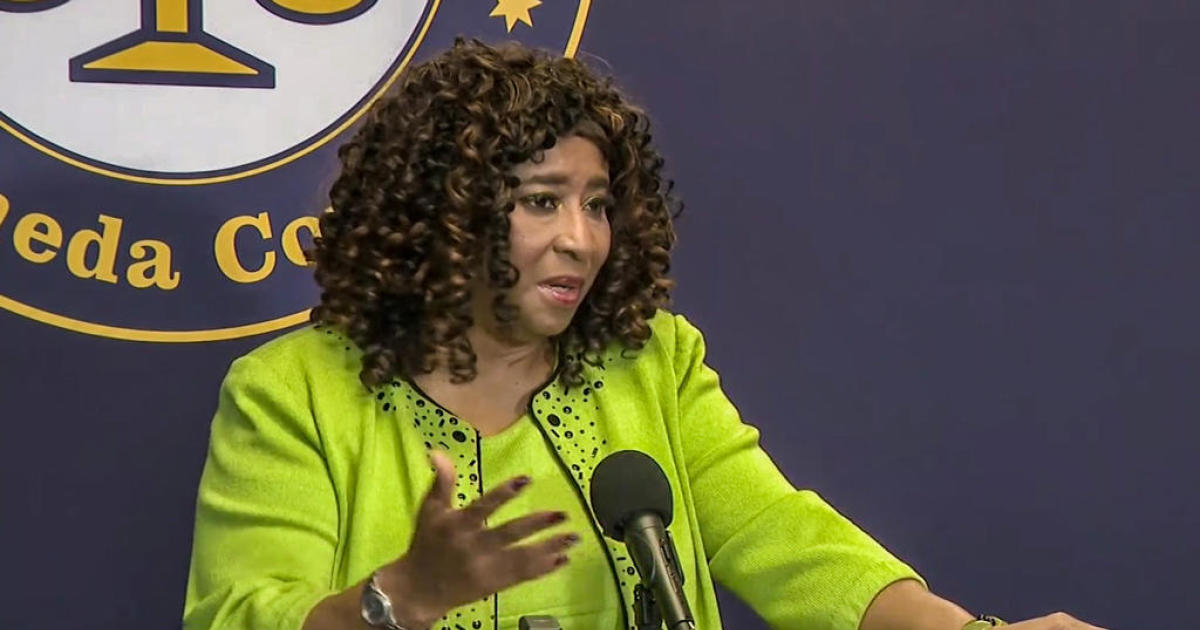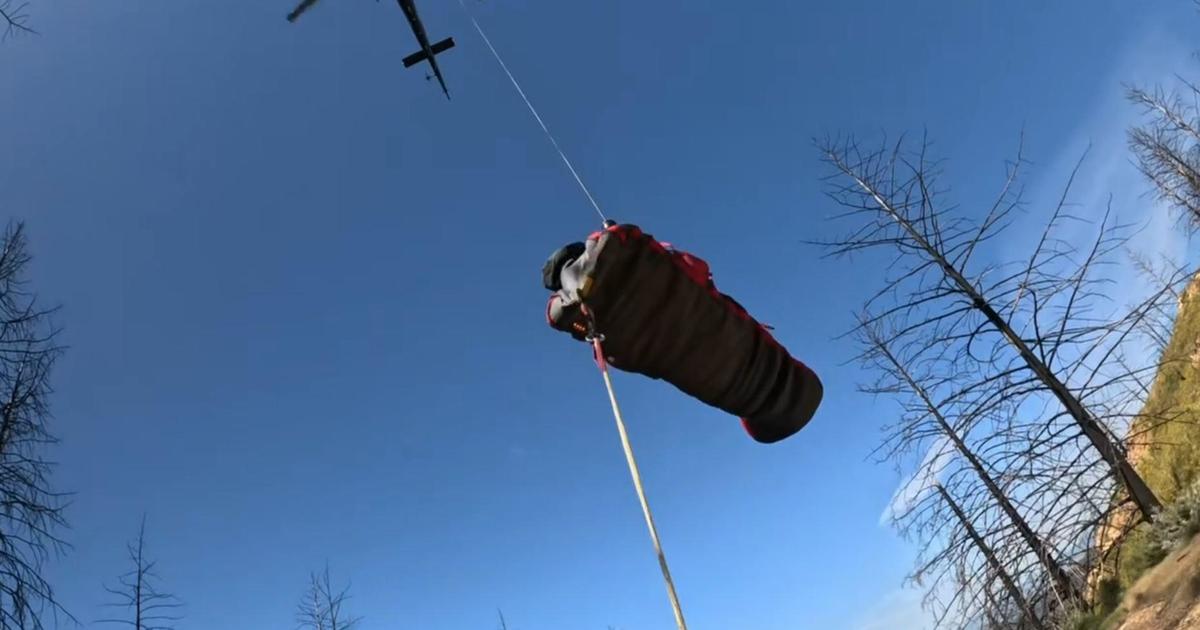Oakland-Based Nonprofit Helping Bridge Digital Divide In Native American Tribal Lands
OAKLAND (CBS SF) -- It's estimated almost half of Americans living in rural areas don't have access to broadband. The numbers are even worse for those living on Native American tribal lands.
To reach 450 members of the Havasupai village at the bottom of the Grand Canyon, Dr. Chad S. Hamill needs to take a helicopter.
"Another is an eight-mile hike by foot or pack mule. There is no driving," said Dr. Hamill.
He said the Havasupai were so isolated, there's no high school, so students went to boarding school out-of-state. Online learning was not an option until the village got high-speed internet.
"This is a game-changer," said Hamill, a Spokane tribe descendant who is Vice President of the Native American Initiatives Office at Northern Arizona University.
Dr. Hamill credits Oakland-based MuralNet, where he's a board member.
"Less than 70 percent of some rural areas on tribal countries have connectivity," said Martin Casado who co-founded the nonprofit in 2017. "We wanted to chew off a piece of the problem."
Both Casado and MuralNet CEO Mariel Triggs help tribal nations build and operate their own reliable broadband networks.
"Almost all of our builds use existing infrastructure. I don't have to build a tower," said Triggs. "I just have to get something high enough, so I'm talking about rooftops, existing towers."
NOMINATE A JEFFERSON AWARD HERO
Triggs herself climbs the towers to install the hardware; the work takes half a day. The $10,000 to $15,000 cost is far cheaper than putting up a cell tower which can cost half a million dollars.
With donated funds, MuralNet has built a dozen networks, like one for New Mexico's Zuni tribe.
College and career center director Hayes Lewis says thousands of students can now do homework at home without struggling to find Wi-Fi:
"Many of our students were just carrying the handheld phones trying to find a place where they could get the signal," Lewis said. "Now they don't have to do that."
MuralNet is working with about two dozen other communities like the Makah tribe in the rainforest in the farthest part of northwest Washington.
Grant writer Crystal Hottowe says residents will have the option of virtual doctor visits, saving hours driving to the nearest city.
"MuralNet's impact on Indian country is going to be felt for many years to come," Hottowe said.
In fact, MuralNet led the way in changing FCC policy to give tribal lands priority to claim free bandwidth that's reserved for education. Nearly 300 tribal lands have applied so they can build their own high-speed internet networks.
LEARN MORE: Jefferson Awards for Public Service
Casado's expertise is as a venture capitalist; Triggs was an educational researcher with engineering degrees. They met while interns at Lawrence Livermore Lab in 1999. Together, they have gained the trust of tribal leaders and worked with tenacity and heart.
Dr. Hamill credits Triggs and Casado's dedication. "It's not just their talent, their intelligence. It's the fact that they're committed to native communities," Dr. Hamill said.
And the tribal nations are grateful.
"There's never anything like, 'We can't do this, we can't do that.' It's, 'Let's find a way to make it work,'" said Lewis.
Casado and Triggs say their work has only begun.
"As far as the sheer number that's been connected, it's still relatively small relative to the problem space. So we continue to do this," said Casado.
"The next one is sustainability," Triggs added. "That's the next boulder we're going to take a jackhammer to."
So for bridging the digital divide for three-quarters of a million people on tribal lands this week's Jefferson Award in the Bay Area goes to Martin Casado and Mariel Triggs.



